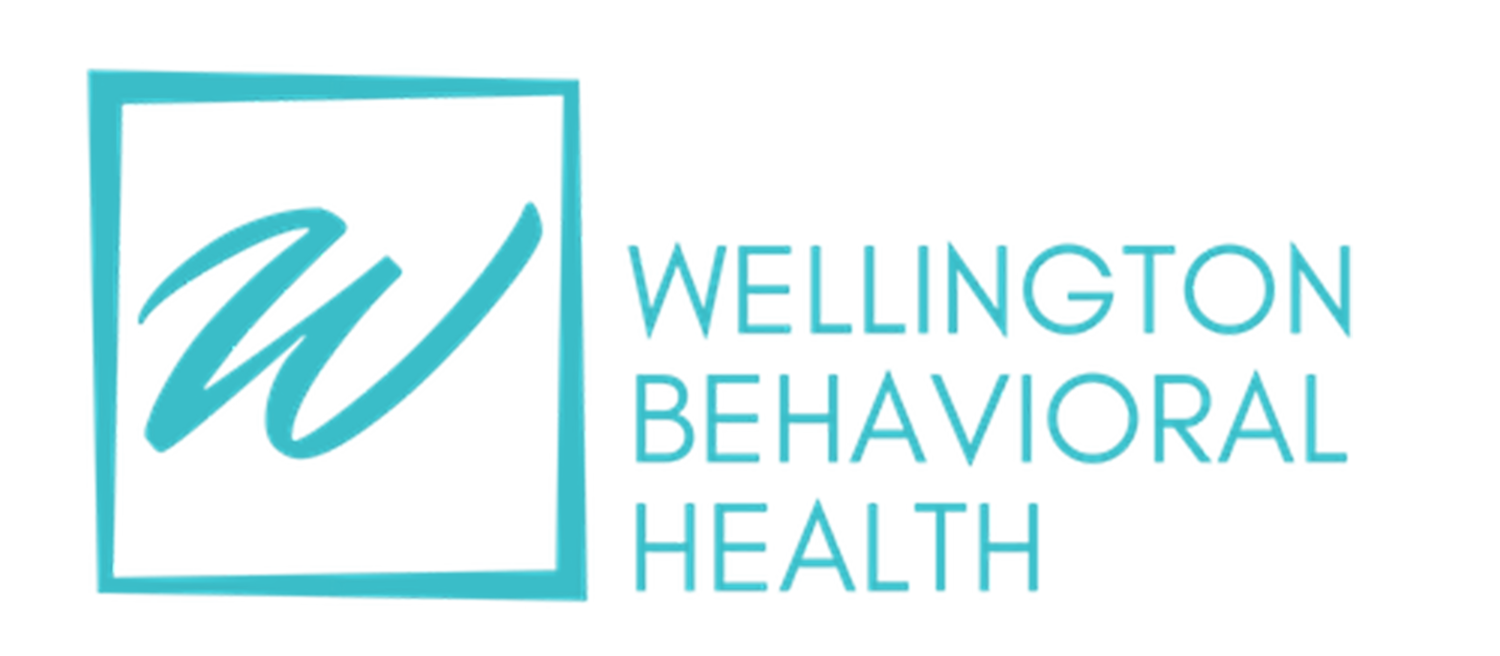As we begin the second month of the year, many of you may be reassessing your resolutions for 2023. For individuals in eating disorder treatment, positive changes are incredibly helpful for building healthy habits to support long-term recovery. It’s important, though, that these goals are manageable and achievable. After all, you want to feel encouraged in your recovery journey, not discouraged.
Below, let’s consider five goals for a healthier you during eating disorder recovery.
1. Learn something new!
A new skill gives you confidence, motivation, and inspiration. What’s something you’ve always wanted to try? Maybe you want to learn to crochet, take a watercolor painting class, or join a book club. Think back to your childhood; is there a skill you’ve lost — like coloring or rollerblading — that you’d like to learn again? The options are endless! Make an effort to try something new each month.
2. Listen to your body.
I’ve talked about mindfulness on the blog before (here, here, and here, in fact!). It’s such a helpful tool when it comes to reducing stress and anxiety, improving sleep, and boosting the immune system. Mindfulness allows you to be present, which makes it easier to listen to your body. Are you craving fresh air and quiet time for meditation? Or does your body and mind need a gentle yoga session followed by a journaling session? Do what’s best for you.
3. Make time for self-care.
It can be tricky to find time for self-care, especially if you’re balancing eating disorder treatment with work, school, and/or family. However, as you learn to listen to your body, you soon realize the importance of “me time.” Life may never be less busy, but you can always make time for your own health and wellbeing. Something as simple as 30 uninterrupted minutes to read a book or a bubble bath before bed can make a big difference.
4. Practice gratitude.
I’ve said it before, and I’ll say it again: Gratitude changes everything. Research shows that grateful people have better physical and mental health. They feel more positive emotions, better handle adversity, experience fewer aches and pains, and have a reduced risk of heart attack. There are so many ways to practice gratitude; find a way that works for you! You can make a gratitude list first thing in the morning or right before bed (either in your head or in a journal); you can incorporate a gratitude meditation into your mindfulness practice; or you can read a book about gratitude (like this one).
5. Continue working towards recovery.
Sure, the new year is all about change…but not too much change! A big piece of eating disorder recovery is staying consistent with your treatment plan. Maintain communication with your therapist, nutritionist, and other members of your team. Check-in with yourself to ensure that you’re getting the most out of each appointment. Do you need to add another session to your weekly line-up, or do you think it would be helpful to have a loved one attend a meeting with you?
No matter where you are in your eating disorder recovery journey, celebrate your progress!
Take a few minutes to reflect on your thoughts and feelings and the effort you’ve put in so far. Look at how far you’ve come and pat yourself on the back. Then, think about where you want to go. Keep this vision in mind as you tackle your resolutions for the coming year.
Discover the possibility of living a meaningful life. Discover the possibility of recovery. Reach out to Dr. Benaaz Russell, PsyD, CEDS-S, today to schedule an appointment!

